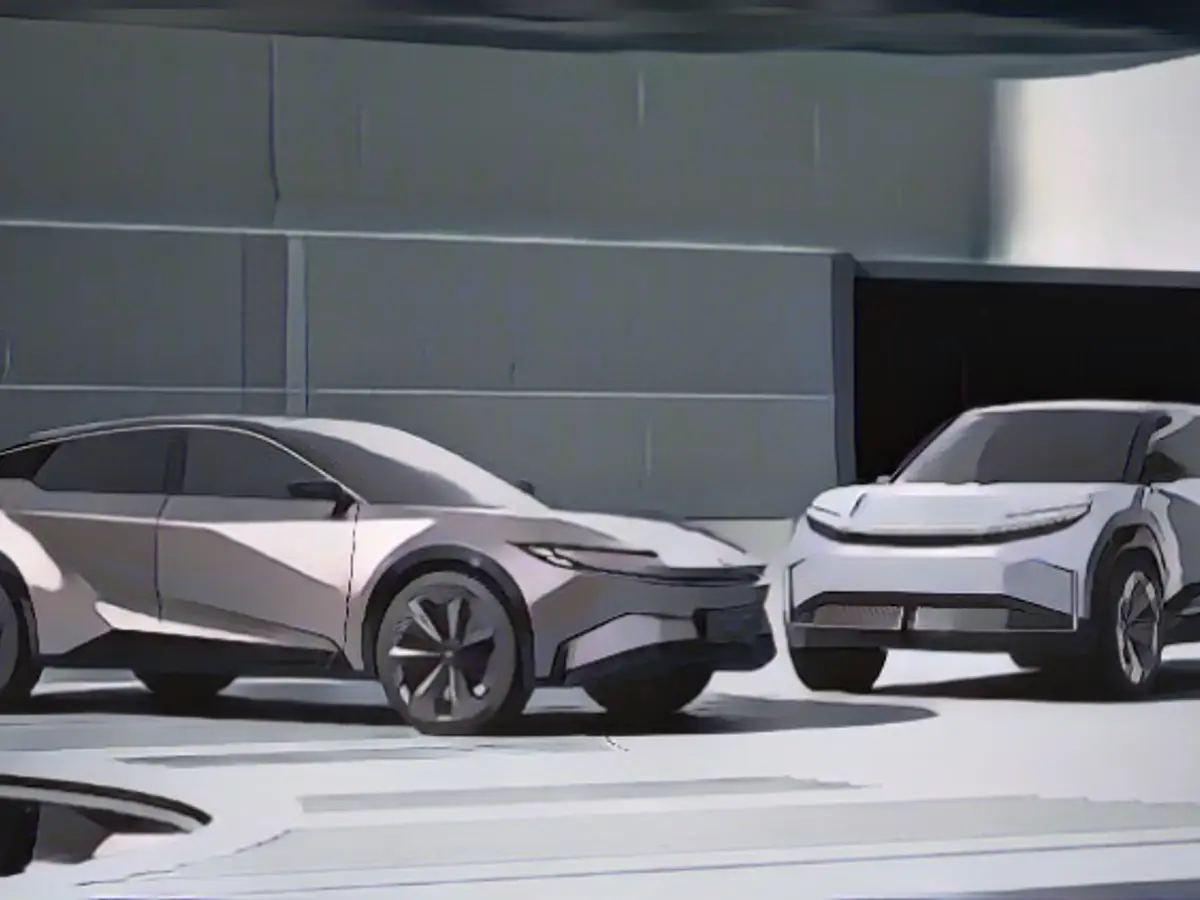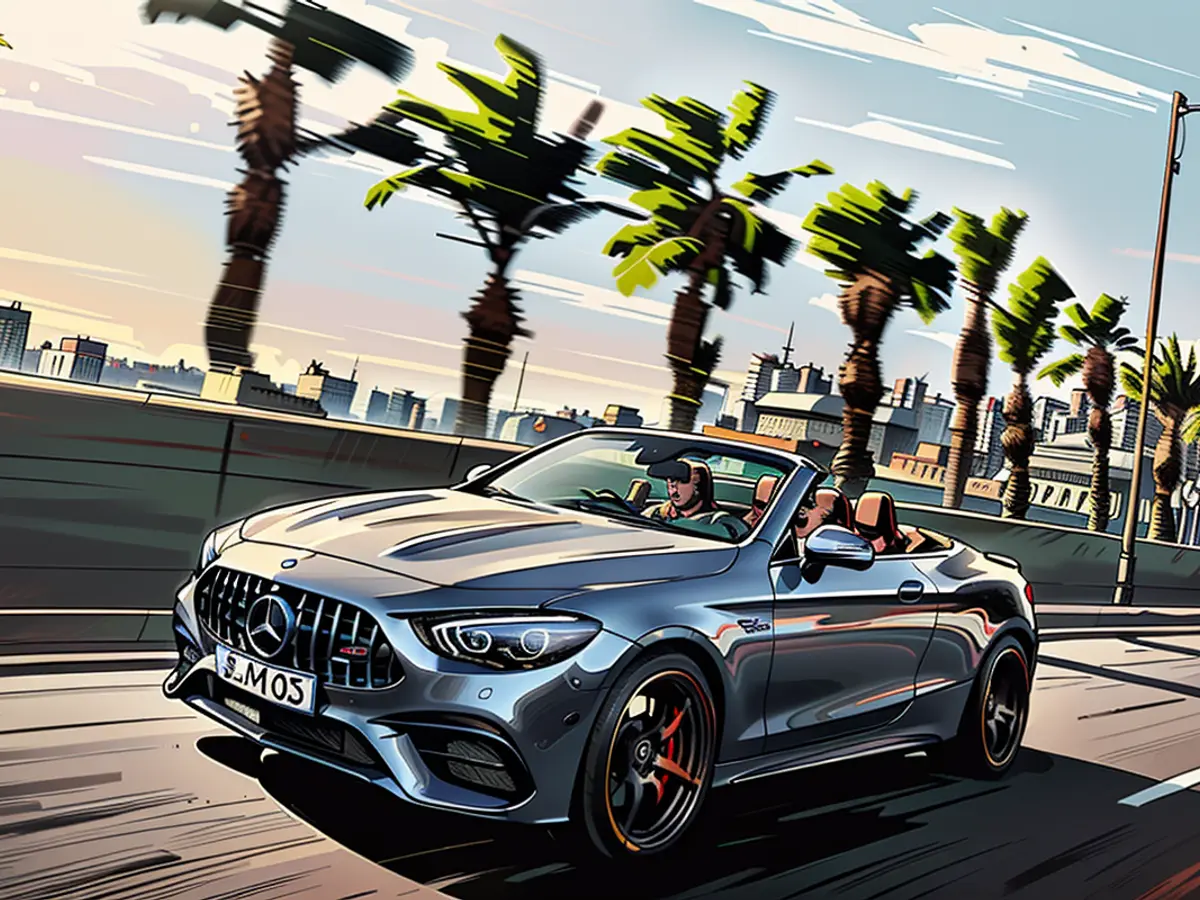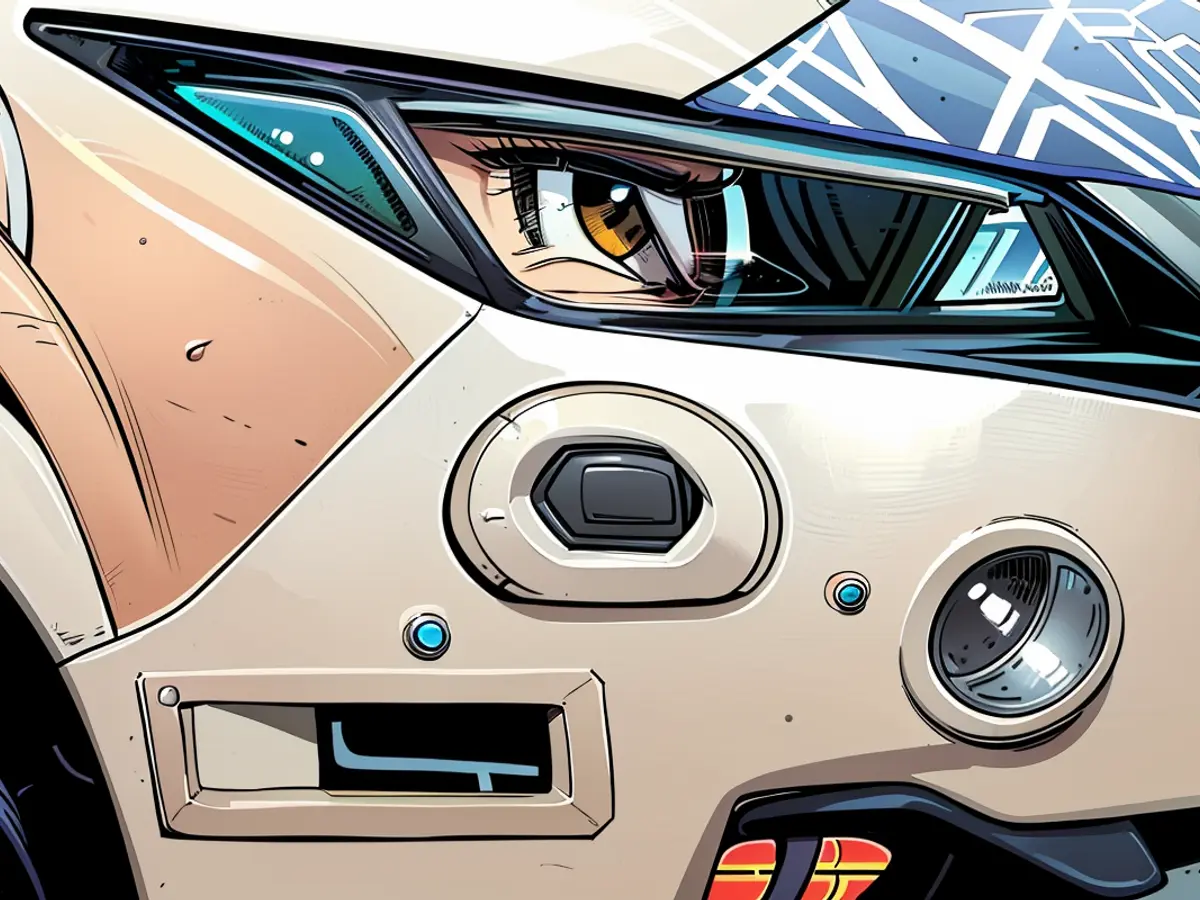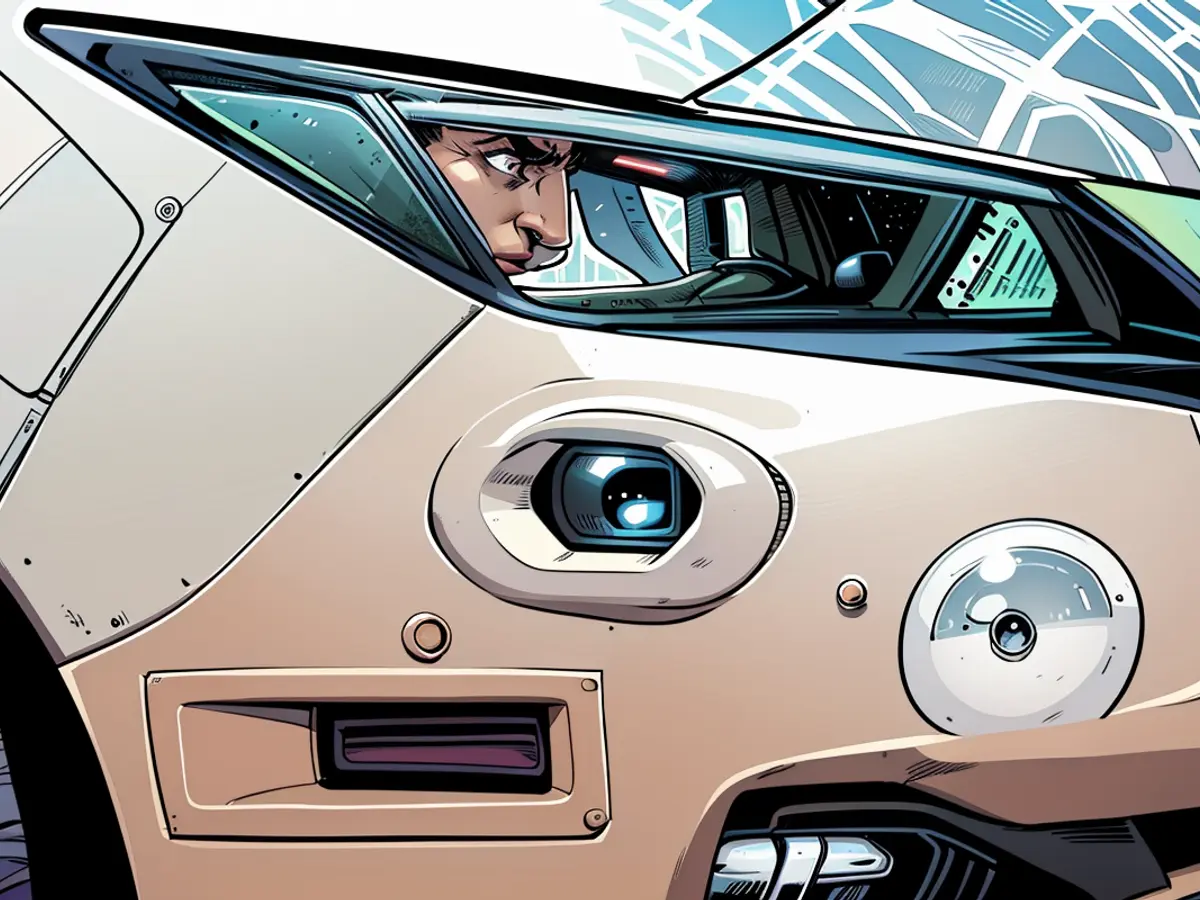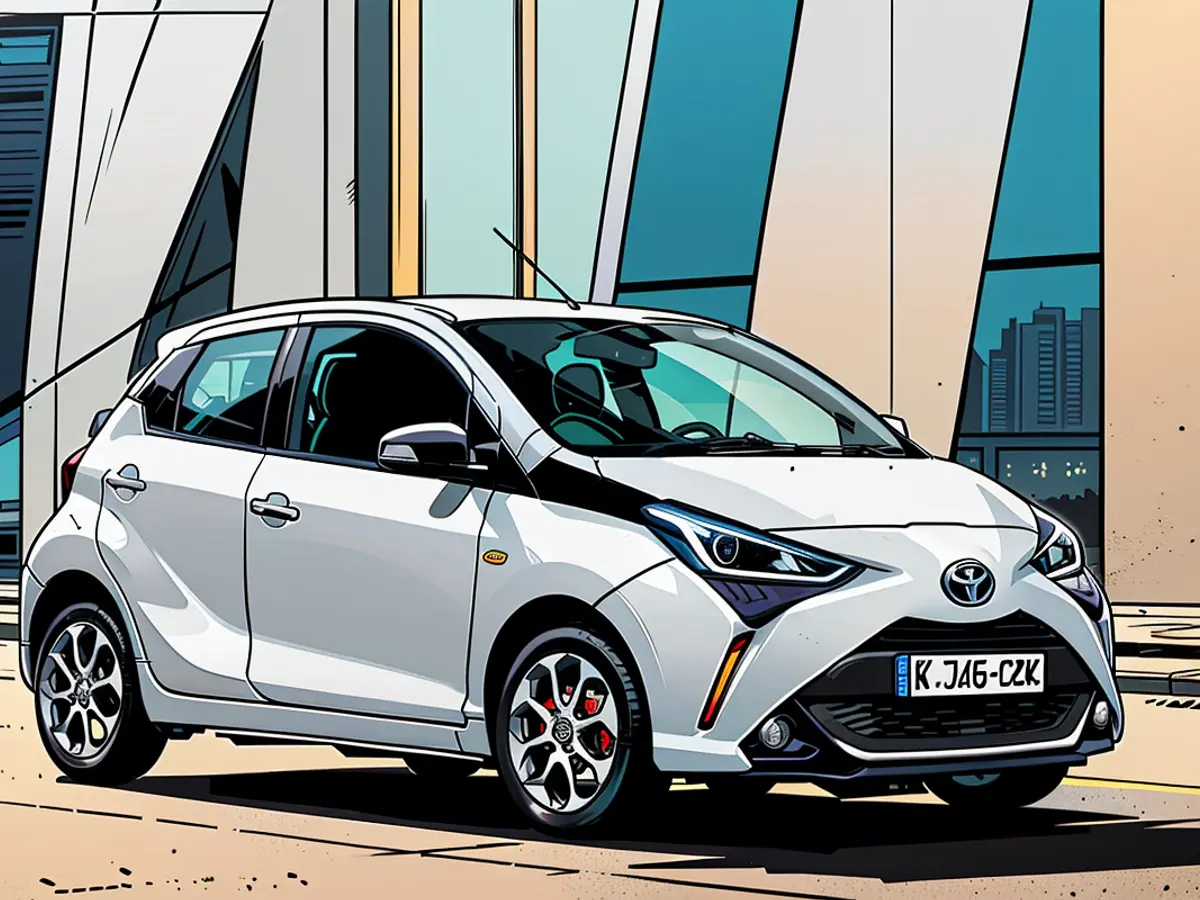How Toyota wants to shake up Europe's car market
Toyota plans to launch several new electric cars in Europe by 2026. After that, battery technology is set to make a leap in innovation. However, other technologies also remain an option.
Two new electric cars, a new entry-level Lexus and a freshly renovated commercial vehicle range - the Toyota Group wants to attack on a broad front in Europe. In addition to next-generation batteries, hydrogen also remains an issue, as the Japanese emphasized at the annual presentation of their plans in Brussels.
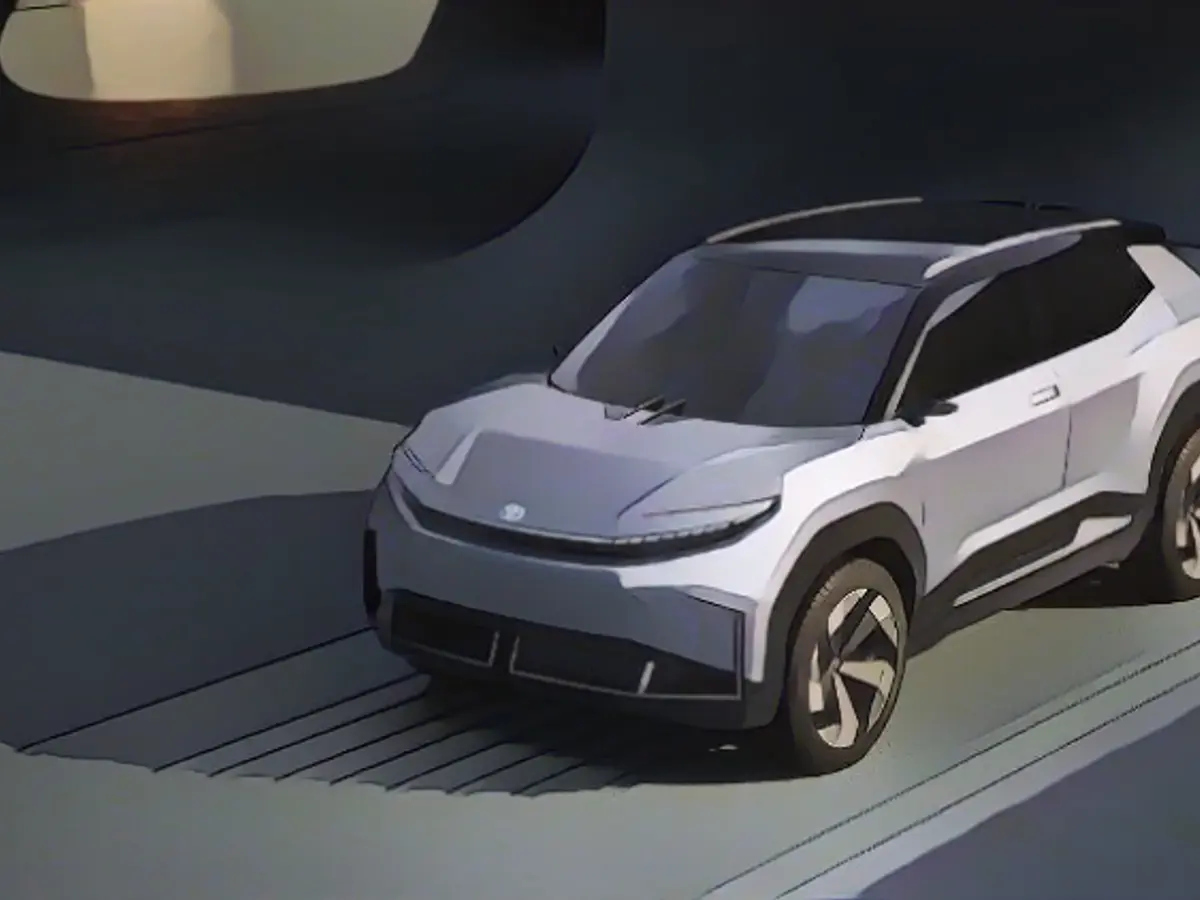
While the world's largest car manufacturer has recently been a latecomer in the field of e-mobility, it now wants to become a trendsetter in the small battery SUV segment. In Brussels, the Group presented the "Urban SUV Concept" study, which is already close to series production, with an angular off-road look and all-wheel drive option, which is intended to score points with a variable interior space despite its short length.
High demand expected in the B-SUV class
The Group expects high demand in the so-called B-SUV segment and wants to repeat the success of the Yaris Cross electrically. Details on the model name, technology and costs are not yet known, but the series model is unlikely to be positioned as a price breaker, even if it can be adapted to the needs and budgets of customers thanks to two battery options. The Japanese initially want to leave the role of the budget electric car to the Citroen E-C3, VW ID.2 and Renault R5, which are priced in the region of 25,000 euros.
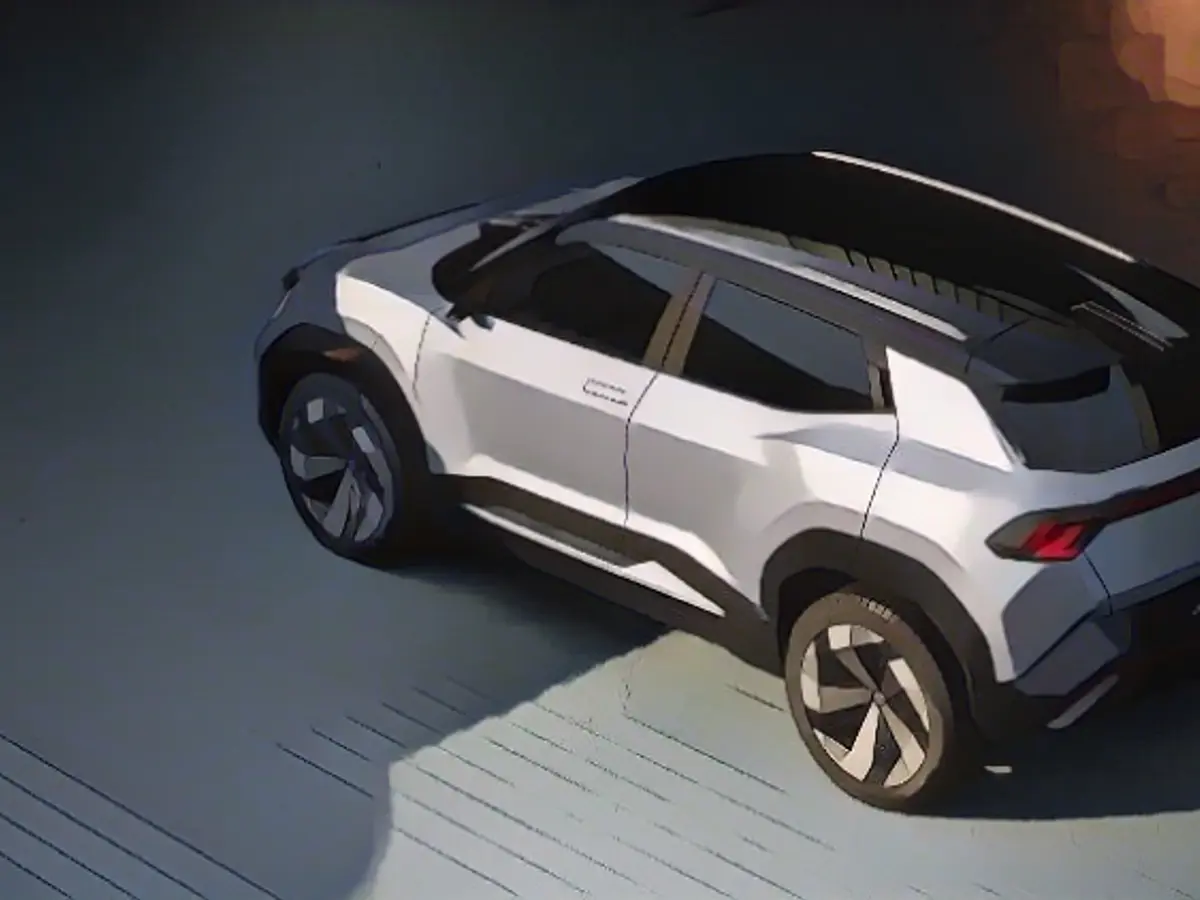
The same applies to the "Sports Crossover Concept", which was also presented. The elongated, coupé-like five-door model is set to become the brand's electric flagship when it comes onto the market by 2026. Together with the already available bZ4X, the slightly smaller compact SUV announced in 2022 and the Urban SUV, it will be part of a sextet of electric cars that will be rolling onto Europe's roads over the next three years.
The zero-emission range will be completed by the electric versions of the Pro Ace and Pro Ace City vans purchased from Stellantis and the newly added Pro Ace Max. The vans will receive an extensive facelift in terms of appearance and interior ambience in the coming year. This should help to increase commercial vehicle sales on the continent from 119,000 units to 140,000 vehicles in the coming year.
Not just electric vehicles for Europe
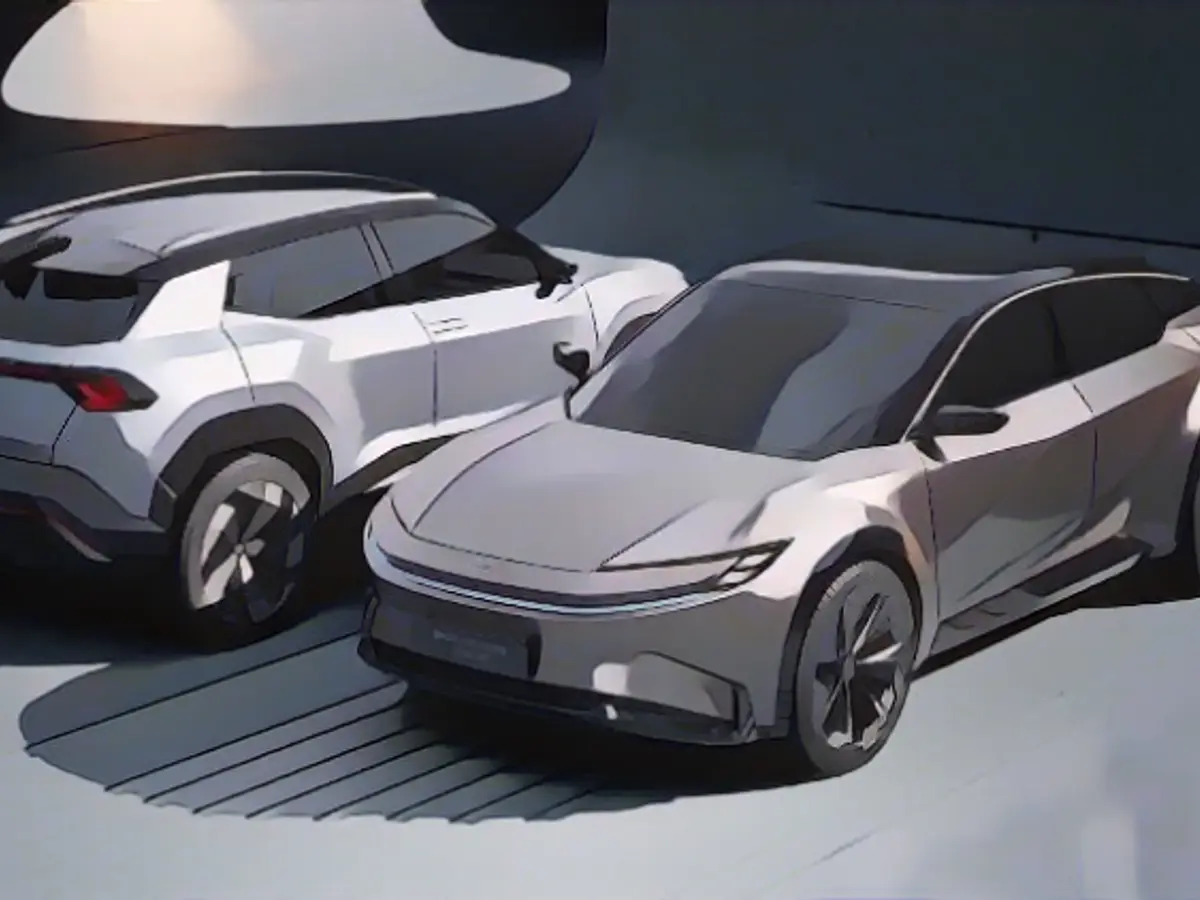
However, the Group does not want to fully commit to battery e-mobility in Europe either. The most important new product from premium subsidiary Lexus is the LBX mini-crossover, a refined version of the Yaris Cross hybrid model, which is around €10,000 cheaper than the brand's next most expensive model with prices starting at €33,000. The first new battery-powered car has not been announced until 2026. Until then, the Lexus RZ, an offshoot of the Toyota bZ4X, will have to do the job. At least a variant with front-wheel drive has been announced for next year, which should bring the entry-level price down from its current level of just under 70,000 euros.
Both Lexus and Toyota are not expected to launch a major battery offensive until after 2026, when the next generation of lithium-ion battery technology goes into production. Among other things, a low-cost LFP variant has been announced, which is expected to undercut the costs of the batteries currently in use by 40 percent. A high-performance version with more than 1000 kilometers is also planned. This should make e-mobility practicable, not least in regions with a poor charging infrastructure. After 2027, Toyota plans to go into series production with an extremely fast-charging solid-state battery.
Toyota remains loyal to the fuel cell
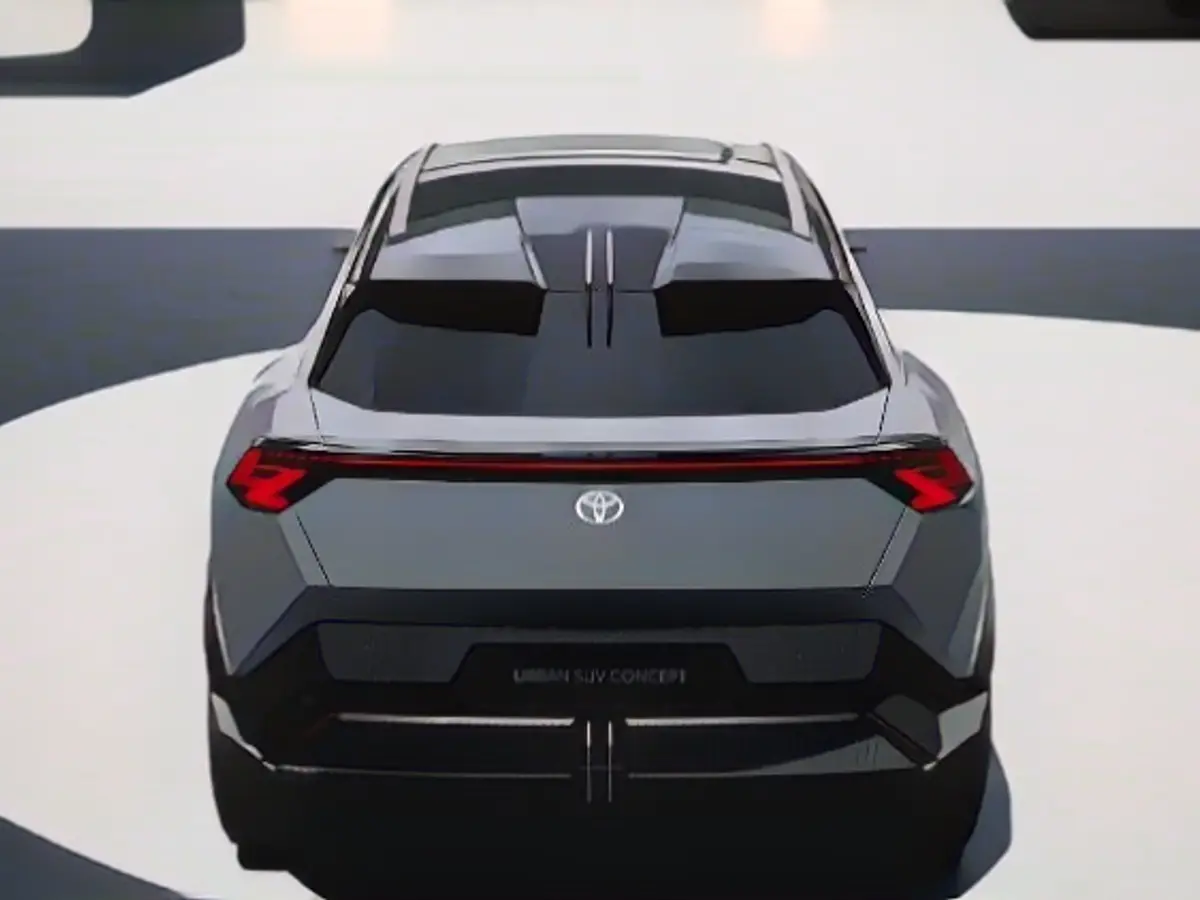
At the same time, the Group remains loyal to the fuel cell. The third generation of the technology is to be launched in 2026 and marketed in Europe by the Hydrogen Fuel Factory, which was founded specifically for this purpose. The Japanese explicitly emphasize that the fuel cell will also have a future in passenger cars. In the domestic market, for example, the premium Crown saloon is now being launched in a "fuel cell" variant. In addition, hydrogen technology is to be promoted in the commercial vehicle segment, for both heavy trucks and light models. The developers are currently working on an H2 version of the Hilux, which was on display as a prototype in Brussels. If the test feedback is positive, a series model could follow.
In general, the Group is remaining true to its multi-technology approach, but is focusing on electrification, particularly in Europe. In the coming year, the share of electric and hybrid models in sales is set to rise from the current 71% to 75%.
By 2026, the aim is to increase the proportion of battery-electric vehicles to over 20 percent, which corresponds to around 250,000 units. Toyota is aiming for a complete CO2 reduction in new vehicles by 2035 and for the entire value chain and logistics to be completely CO2-neutral by 2040.
Read also:
- Toyota, as a prominent car manufacturer, is not only investing in electric cars but also considering other technologies for future vehicles, such as hydrogen, in its plan to shake up Europe's car market.
- Toyota Group is expanding its electromobility offerings in Europe by launching several new electric car models, including a new entry-level Lexus and a refreshed commercial vehicle range, while also keeping an eye on hydrogen technology.
- Japanese car manufacturers, including Toyota, are showing increasing interest in electromobility, with electric versions of popular models like the Urban SUV and Yaris Cross expected to boost sales in Europe's highly competitive automotive market.
Source: www.ntv.de
